I love Advanced Custom Fields almost as much as I love WordPress itself. But that’s not to say it doesn’t have its problems. Most are obscure, and minor… and incredibly aggravating once you stumble upon them.
Here’s one such case. Date Picker fields are great, but no one seems to be able to agree on how to store dates in a database… other than insisting on avoiding Unix timestamps, the obvious choice.
ACF stores its dates, for some reason, in YYYYMMDD format (or, as we’d express it in PHP Land, Ymd). No delimiters at all. If you’re not going to use Unix timestamps, why not at least use the MySQL convention of Y-m-d H:i:s? But I digress.
I’m presently working on a project that merges some functionality of ACF and Gravity Forms, along with some custom code, to create a jobs board. It’s super-slick how Gravity Forms can create posts from a form submission, and even set them to pending review so a site editor can come in and review them before publishing.
But… dates. Jobs boards have a lot of dates. And while Gravity Forms offers a wealth of options for date string format, Ymd isn’t one of them. So it ends up storing the date value in the database in a format ACF doesn’t like. Because ACF is very picky. It wants that format, and no other. If the value in the field is not in Ymd format, the value displayed on the admin editing screen is just… blank. And then when you save, whatever was previously saved in that field is erased.
It doesn’t have to be this way. And thanks to the following bit of code, it won’t be. Now bear in mind, this is only altering what ACF renders on the editing screen. Once you’ve saved again from that point, the date will be stored in ACF’s preferred format, but up until then, it will be in whatever other format it was in when it landed in the database.
If you’re writing your front end code proactively, that won’t matter. Because you’re already assuming data inconsistency and using strtotime() to standardize any dates you’re working with in your templates, right? Of course you are.
OK, then. So the real goal here is just to get ACF to display the correct, saved date when you go in to edit the post, so it doesn’t then wipe out the date when you hit Save Changes.
In your functions.php file, or wherever you think is best (a plugin would be nice), do this:
function acf_smart_dates($field) {
if ($field['value']) {
$field['value'] = date('Ymd',strtotime($field['value']));
}
return $field;
}
add_filter('acf/prepare_field/type=date_picker','acf_smart_dates');
That’ll do.
